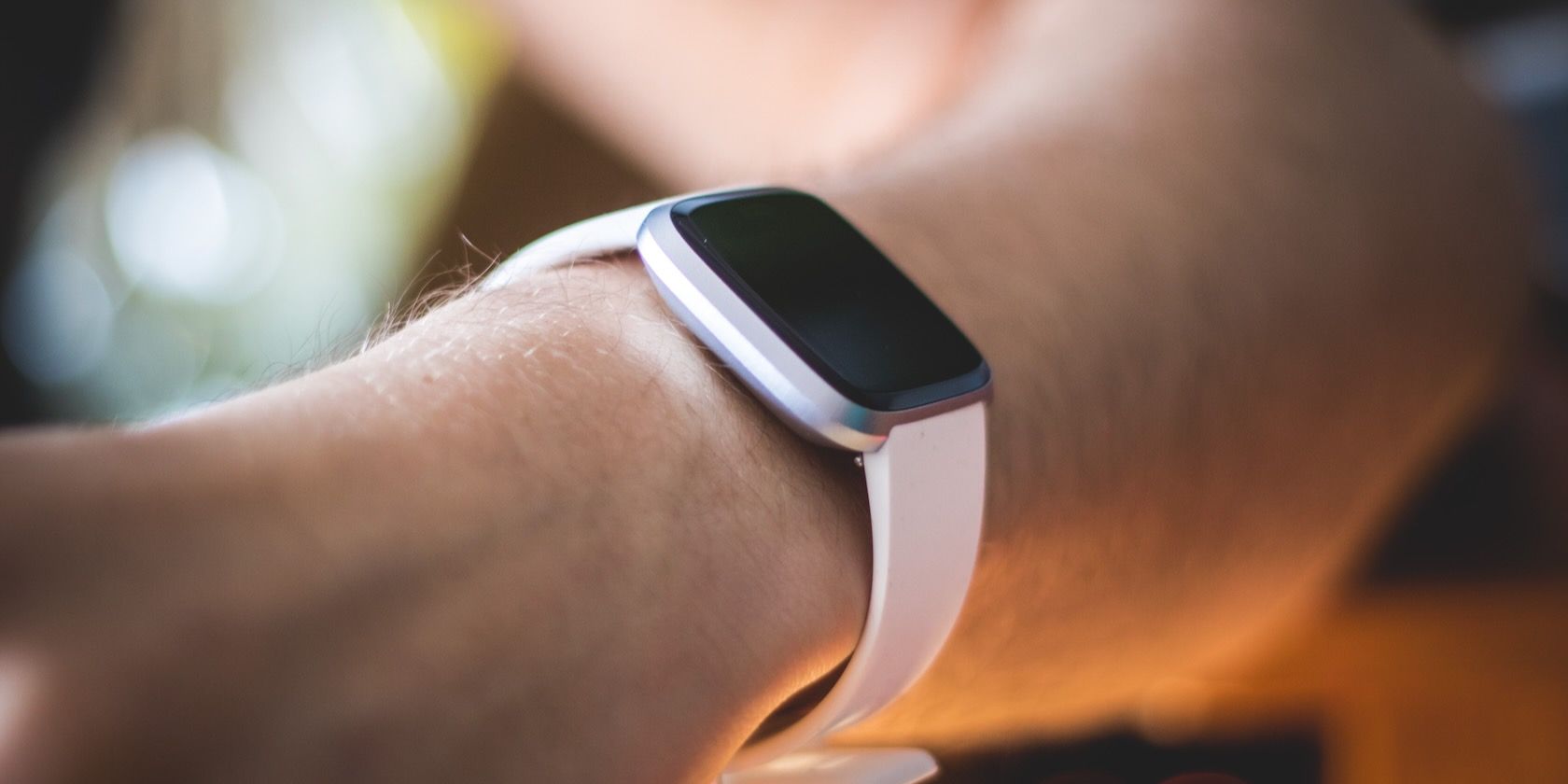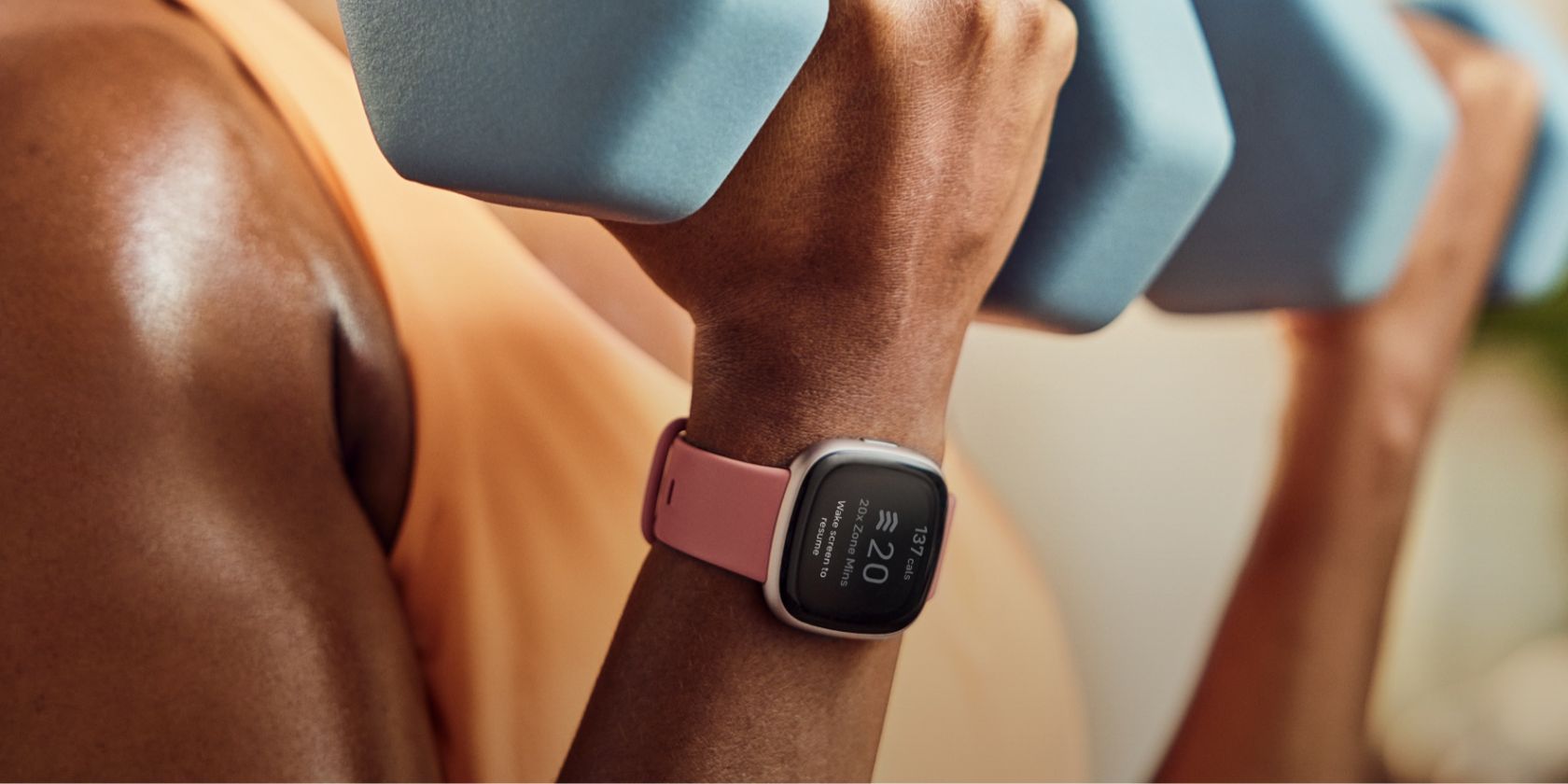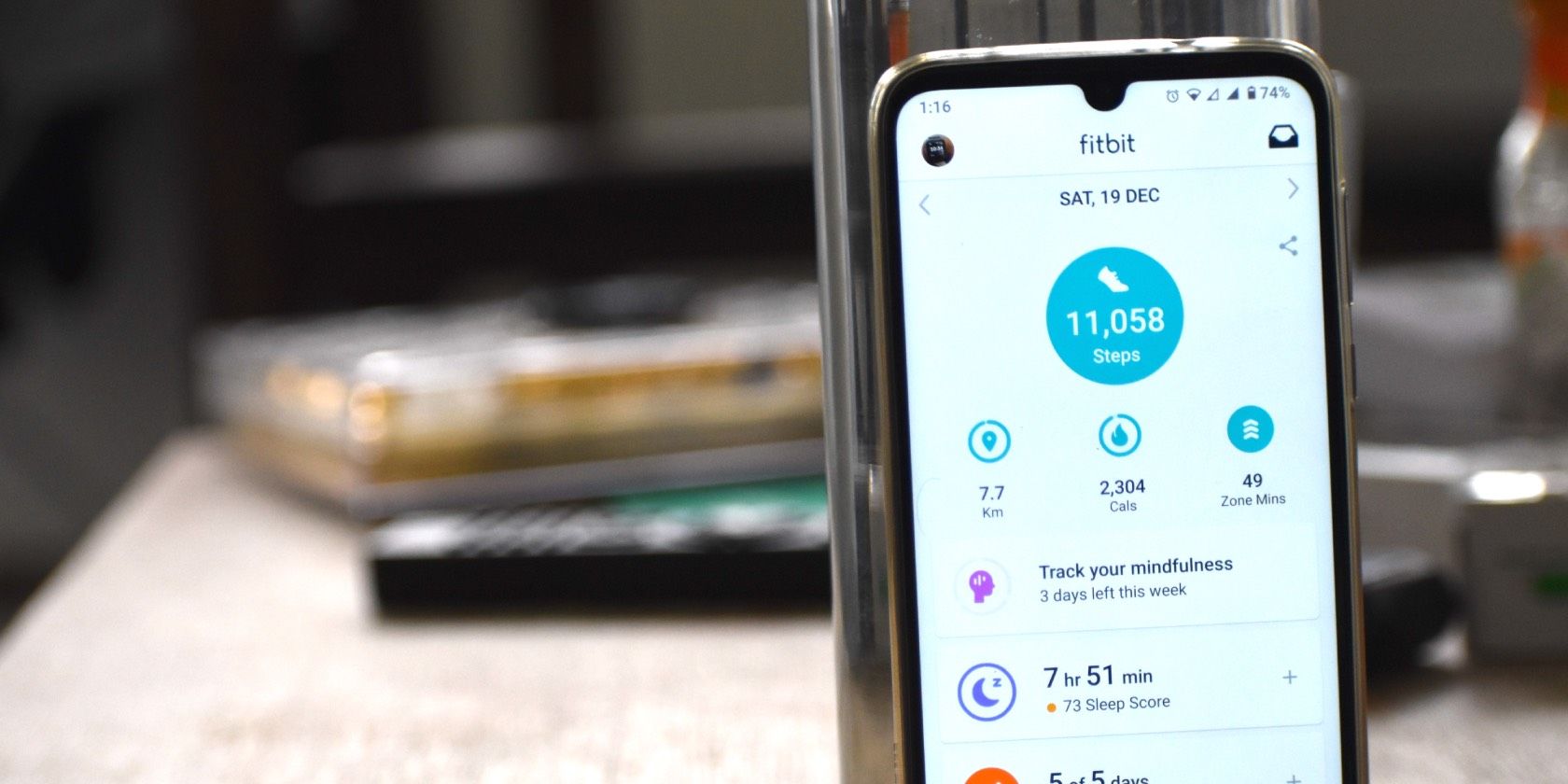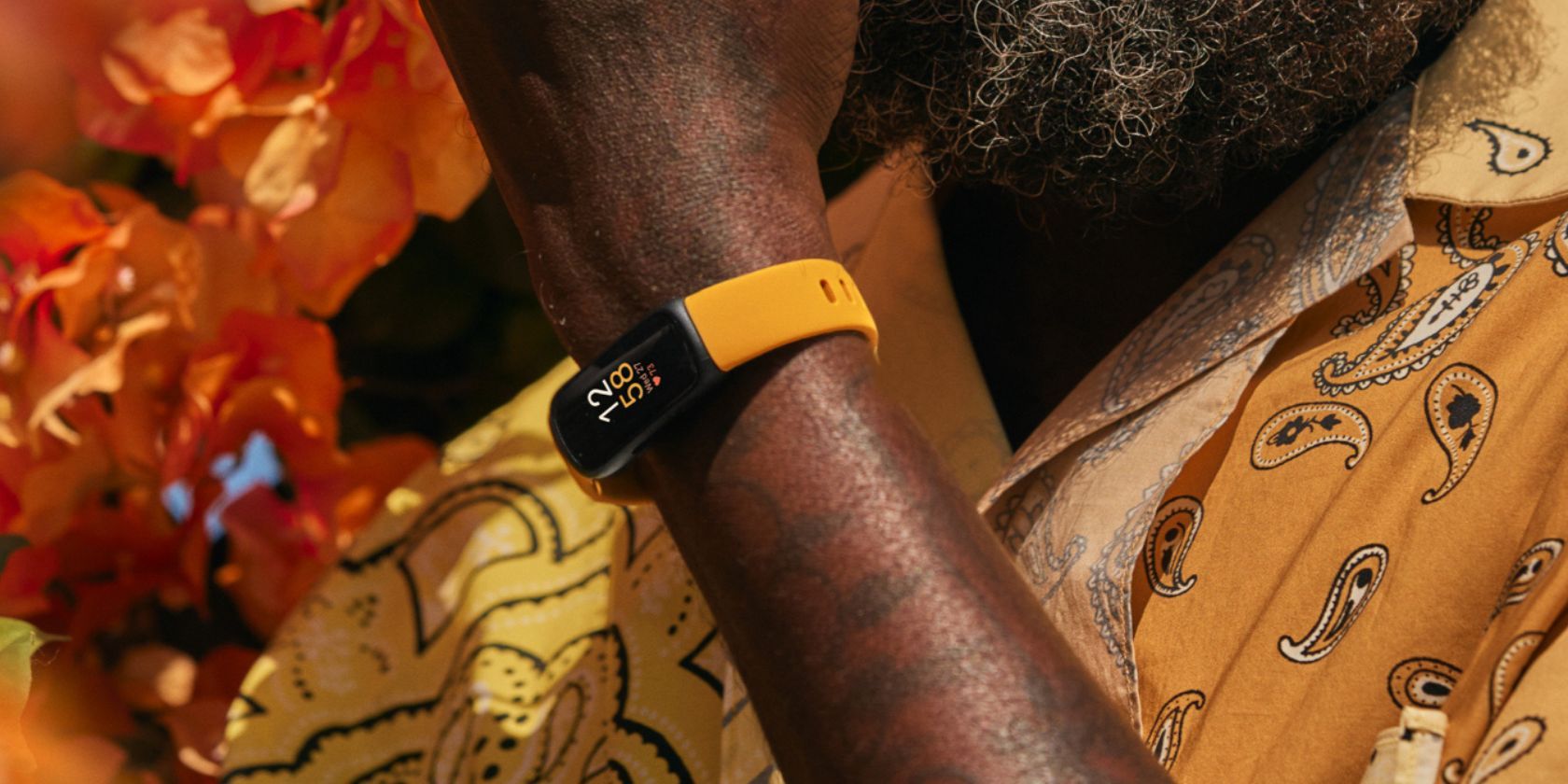Fitbit devices are incredible pieces of technology that can track your every move and give you detailed information about your fitness and activity levels. But is all of that detailed information accurate or just for show?
While there are countless data metrics to look at, we'll look at Fitbit's calorie counter in this article. How reliable and accurate is Fitbit's calorie burn counter?
How Do Fitbit Devices Calculate Calorie Burn?
Fitbit's fitness features can be utilized beyond just counting steps, and one of the most useful features is the calorie burn counter. But how does Fitbit calculate the number of calories you've burned?
Fitbit uses your heart rate as a key part of its calculation. It also takes into account your height, weight, age, and gender to give you a better estimate of how many calories you're burning throughout the day.
Here are the two most important factors that determine total calories burned on your Fitbit device:
- Basal Metabolic Rate (BMR): This is the number of calories you burn while at rest. Fitbit uses your height, weight, age, and gender to estimate your BMR.
- Heart Rate: Fitbit uses sensors to track your heart rate during fitness activities, and estimates the number of calories you're burning based on your typical resting heart rate and your active heart rate while working out.
Fitbit's calorie burning accuracy has come a long way since its early days. And while there's always room for improvement, Fitbit devices are still some of the most accurate fitness trackers on the market.
How Accurate Is the Fitbit Calorie Burn Counter?
The short answer is that Fitbit's calorie burn counter is generally accurate. However, there are a few factors that can affect its accuracy.
According to a 2019 BBC article, one study found that the Fitbit Charge 2 was underestimating the calories burned by participants during running by 4 percent and overestimating calories burned while walking by more than 50 percent. The study also found that the calorie burn estimates were more accurate in higher-priced trackers.
What Factors Can Affect the Accuracy of Fitbit's Calorie Burn Counter?
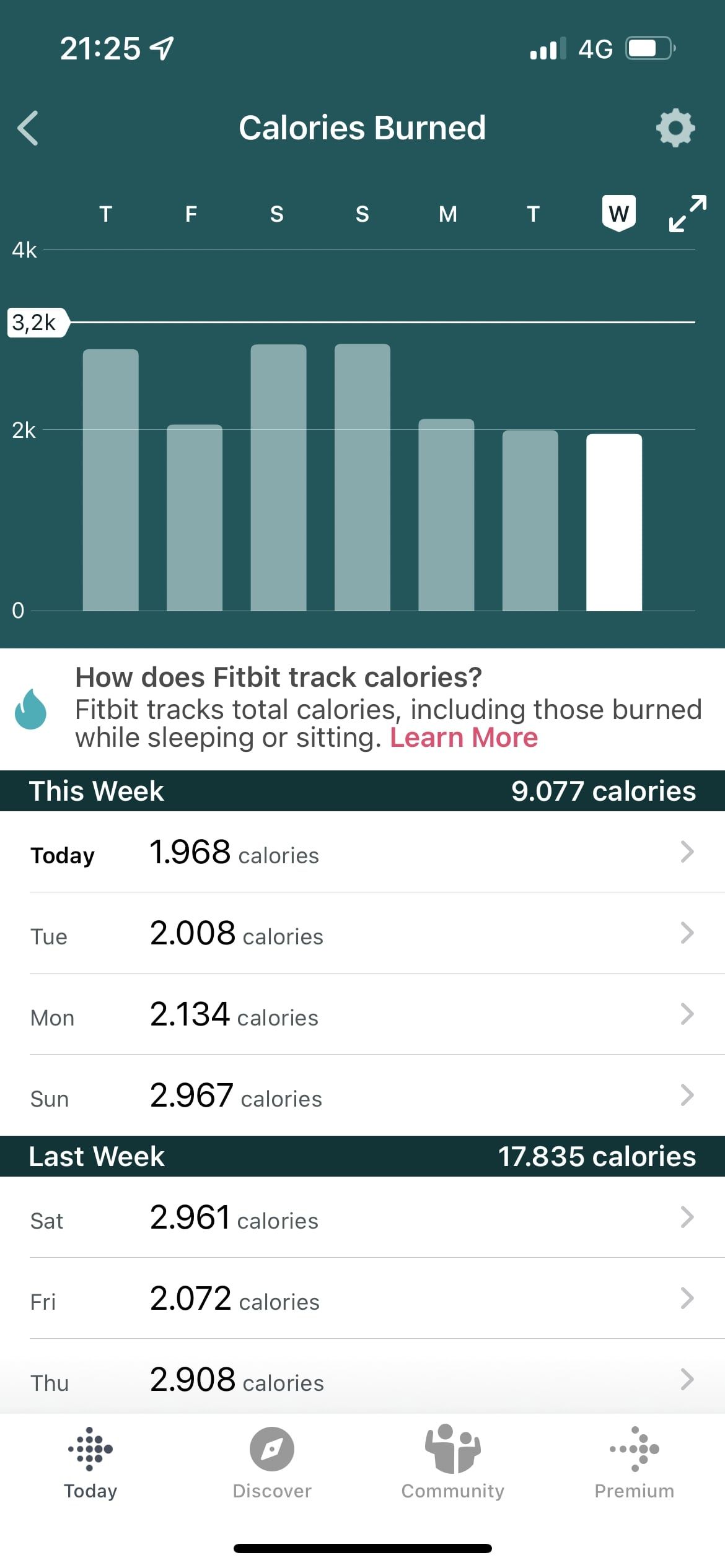
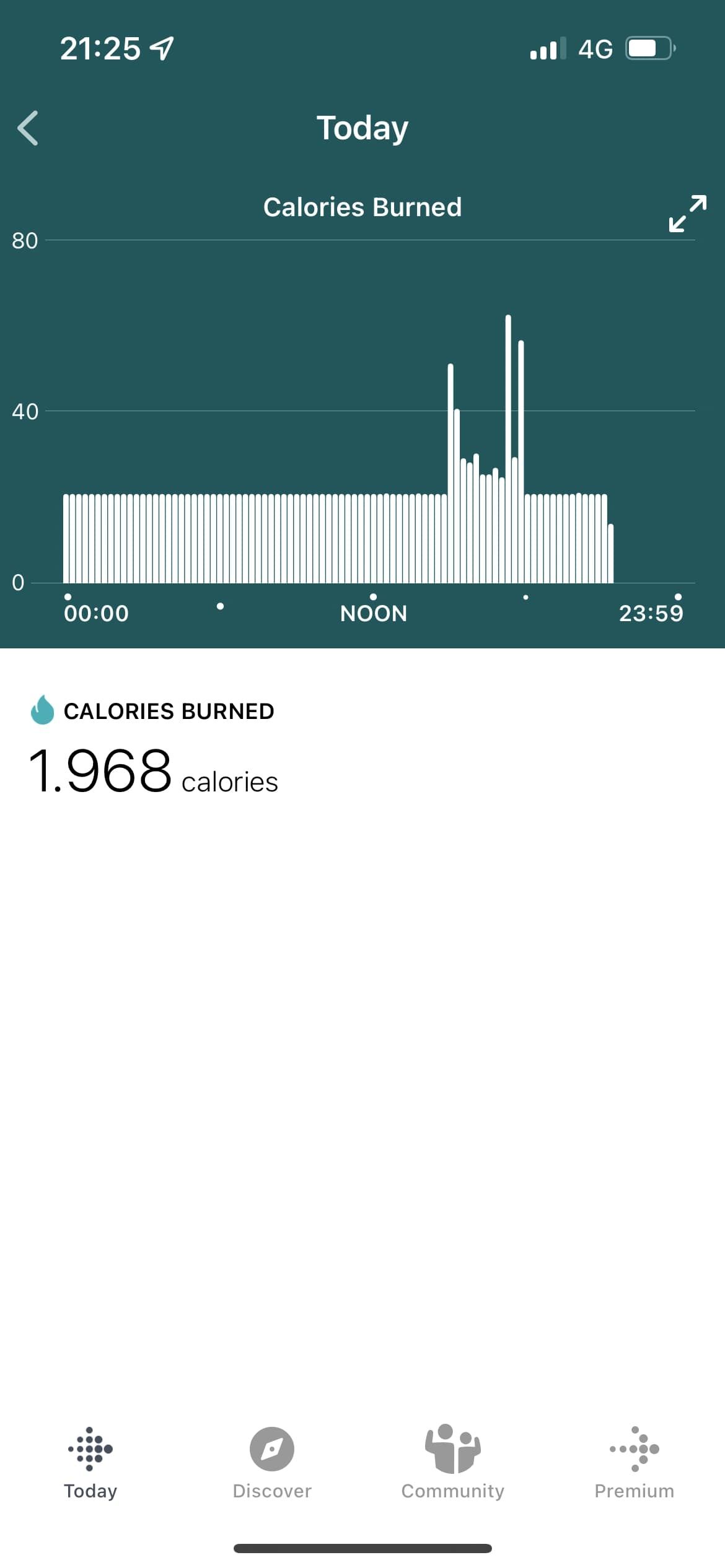
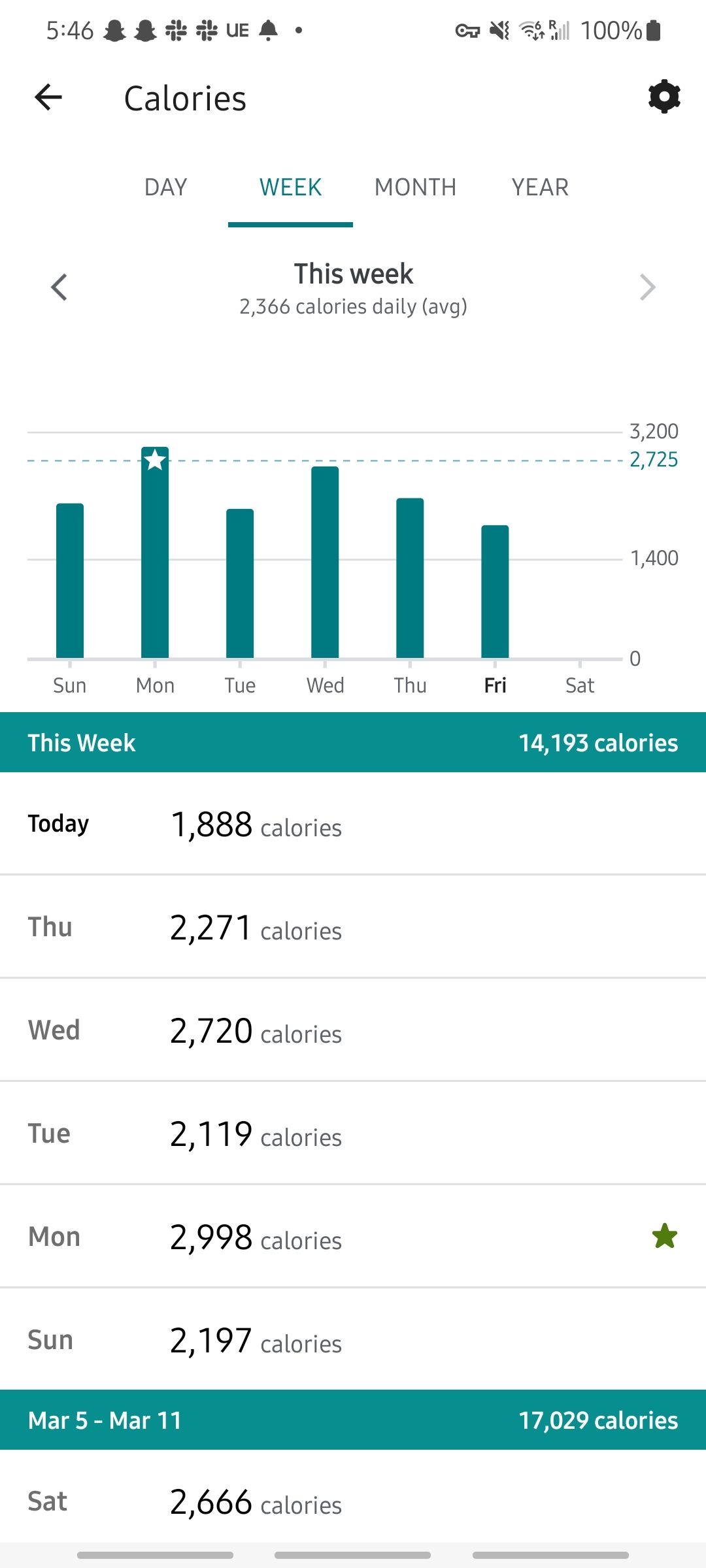
There are a few factors that can affect the Fitbit's calorie counter accuracy, including:
- Heart Rate Variability: Everyone's heart rate varies to some degree. Fitbit may not always be able to get an accurate heart rate reading for some people. This can lead to inaccurate calorie burn estimates and overall tracking.
- Wrist Placement: Fitbit devices are designed to be worn on the non-dominant wrist. If it's not positioned correctly, it may not be able to get an accurate heart rate reading. This can then lead to an inaccurate calorie burn estimate. According to Fitbit, you should wear the tracker two to three fingers from your wrist bone to get a good heart rate reading.
- Activity Intensity: More intense activities can cause Fitbit devices to overestimate energy expenditure, depending on where you wear it. Low-intensity activities, such as walking, can also affect the calorie burn estimate. In a Journal of Personal Medicine study, fitness trackers had the highest level of error when tracking walking.
- Overall Activity Level: Fitbit's calorie burn estimate is most accurate when you're doing moderate to vigorous activity on a normal basis. If you're very active, the Fitbit may overestimate your calorie burn. If you're sedentary, it may underestimate your calorie burn.
- Weight: Fitbit's devices depend on your weight to calculate calories burned, and its estimate may be less accurate for people who fall outside a specific weight range.
Fitbit Calories Burned Accuracy by Model
Every Fitbit model is slightly different, so the accuracy of the calorie burn counter will vary by model. Newer and more expensive Fitbit models tend to be more accurate than older, more affordable models.
For example, the Fitbit Charge 4 has been found to be one of the most accurate fitness trackers on the market. A study conducted by Wareable found that the Charge 4 was highly accurate when it came to tracking heart rate and steps. The upgraded model—the Fitbit Charge 5—is even more accurate than the Charge 4.
The Fitbit Inspire 2, on the other hand, has a less accurate calorie burn counter. That said, based on the accuracy of other Fitbit models, it's safe to say that the Inspire 2 is likely accurate within a few percentage points.
However, as an entry-level model without a built-in GPS, the Inspire 2 may not ever be as accurate as the more expensive models like the Charge or Sense. With the Fitbit Inspire 3's big improvements, it may be worth splurging on this newer model rather than the Inspire 2.
Making the most out of your fitness tracker is all about understanding its limitations. No fitness tracker is perfect, and they all have their own strengths and weaknesses. If you want to know which Fitbit model is best for you, we've got you covered.
How to Improve the Accuracy of the Fitbit Calorie Burn Counter
There are a few things you can do to improve the Fitbit calorie accuracy.
- Wear it on your non-dominant wrist: Fitbit devices are designed to be worn on your non-dominant wrist. This helps ensure that it gets an accurate heart rate reading. By default, the company expects you to wear your Fitbit on your non-dominant wrist, but the app now features an option to use your dominant hand instead.
- Keep it snug: The Fitbit should be snug but not too tight. If it's too loose, it may not be able to get an accurate heart rate reading.
- Update your weight: Make sure your Fitbit is updated with your current weight. This helps the tracker calculate calories burned more accurately.
- Be active: The Fitbit calorie burn estimate is most accurate when you're doing moderate to vigorous activity, so get out there and move!
What if My Fitbit Says I'm Burning More Calories Than I Actually Am?
If your Fitbit says you're burning more calories than you actually are, don't worry. Remember that the calorie burn estimate is just that—an estimate. It's not going to be 100 percent accurate.
Your Fitbit tracker may be overestimating your calorie burn if you're very active. Because the tracker uses your heart rate to estimate calorie burn, it may not be able to estimate caloric burn as accurately for people whose heart rates are frequently high. At the same time, Fitbit sensors may not measure as accurately for people who are more sedentary or obese, according to research in Biomedical Optics Express.
If you notice some big discrepancies between your Fitbit calorie burn estimate and the calories you actually burn based on other forms of measurement, you can try factory resetting your Fitbit. If your Fitbit won't sync properly, it may not be able to track your activity level and calorie burns accurately.
Does Fitbit Provide an Accurate Calorie Burn Estimate?
The question sounds simple—how accurate is Fitbit's calorie burn estimate? But the accuracy of the Fitbit calorie burn counter will vary depending on the model you have and how you use it. That said, Fitbit trackers are generally accurate to within a few percentage points.
So, if your goal is to get an idea of how many calories you're burning, a Fitbit tracker is a good option and relatively accurate. Just remember that fitness trackers are great motivational tools to track and inspire your progress, but they're not meant to provide 100 percent accuracy on any statistic, including estimated calories burned.

